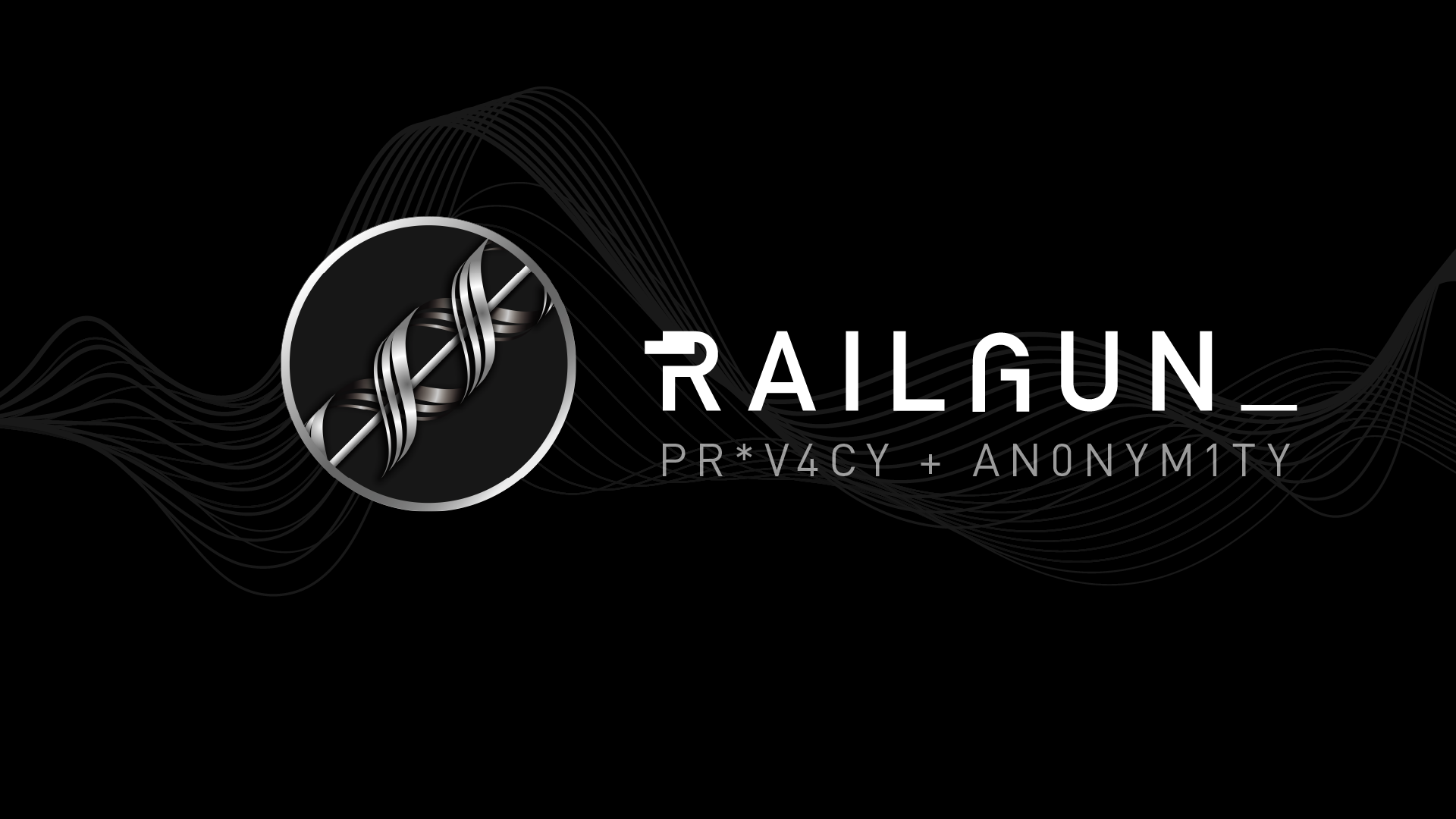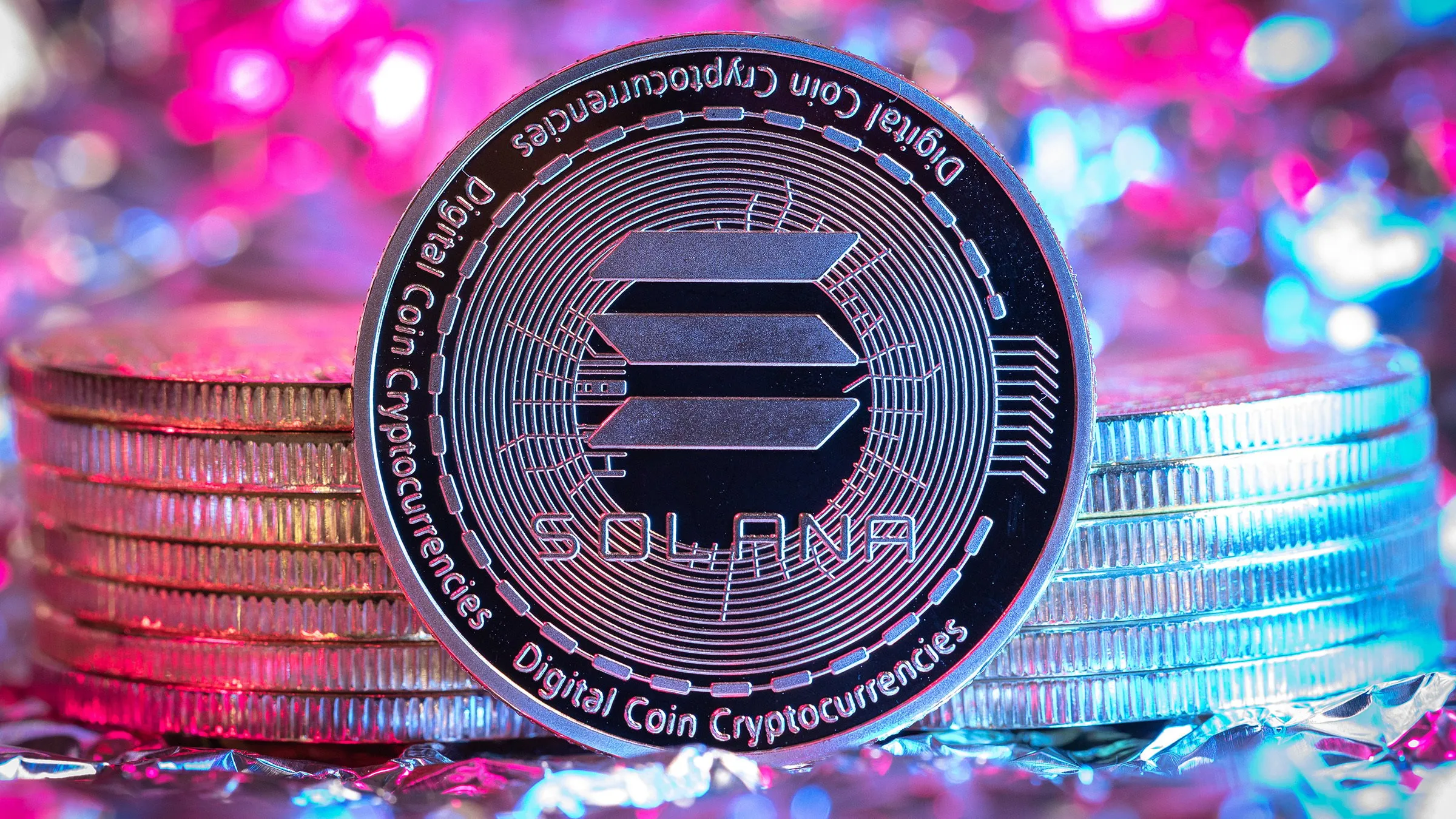|
Getting your Trinity Audio player ready...
|
Crypto privacy protocol Railgun is facing accusations of being used by North Korean hackers for money laundering, but the company vehemently denies these claims. This controversy unfolds as Railgun approaches a significant milestone: a total volume of nearly $1 billion.
The allegations surfaced through a post by crypto reporter Colin Wu, linking Railgun to the North Korean hacker group Lazarus Group. This group was previously accused by the FBI of using Railgun to launder over $60 million in stolen Ethereum from the Harmony Bridge heist in 2022.
However, Railgun strongly refutes these accusations. In a response post, they assert that the Lazarus Group is barred from accessing the system due to their “Private Proofs of Innocence” protocol, implemented in January 2023. This system uses cryptography to verify the legitimacy of funds entering the platform. Railgun dismisses the claims as “false reporting” and emphasizes its commitment to user privacy.
This controversy comes at a time of significant growth for Railgun. Data from Dune Analytics indicates the protocol’s total volume is nearing $1 billion, with a current value locked on Ethereum exceeding $25 million. This rise in popularity is further bolstered by recent praise from Ethereum co-founder Vitalik Buterin, a vocal advocate for user privacy in the blockchain space. Buterin publicly defended Railgun’s privacy features, stating, “Privacy is normal.” He elaborated on how Railgun’s privacy pools make it difficult for malicious actors to infiltrate the system without compromising user anonymity.
Also Read: Vitalik Buterin Pumps Railgun (RAIL) Over 120% with Privacy-Focused Endorsement
Interestingly, Buterin himself has transferred 100 ETH (around $325,000) to Railgun in the past two days, according to Arkham Intelligence data. This adds to a pattern of consistent interaction with the platform over the past six months, where he has transferred smaller amounts of ETH on a regular basis.
Founded in January 2021, Railgun utilizes zero-knowledge cryptography to shield user data, including wallet balances, transaction histories, and details. This technology allows users to interact with decentralized applications (DApps) on various blockchains while maintaining their financial privacy.
The recent implementation of “Private Proofs of Innocence” demonstrates Railgun’s commitment to user security and combating potential misuse of its platform. Whether these efforts will be enough to quell the accusations and maintain user trust remains to be seen. However, one thing is clear: Railgun’s rise in popularity and its stance on privacy have placed it at the center of a critical debate within the cryptocurrency landscape.
I’m a crypto enthusiast with a background in finance. I’m fascinated by the potential of crypto to disrupt traditional financial systems. I’m always on the lookout for new and innovative projects in the space. I believe that crypto has the potential to create a more equitable and inclusive financial system.




